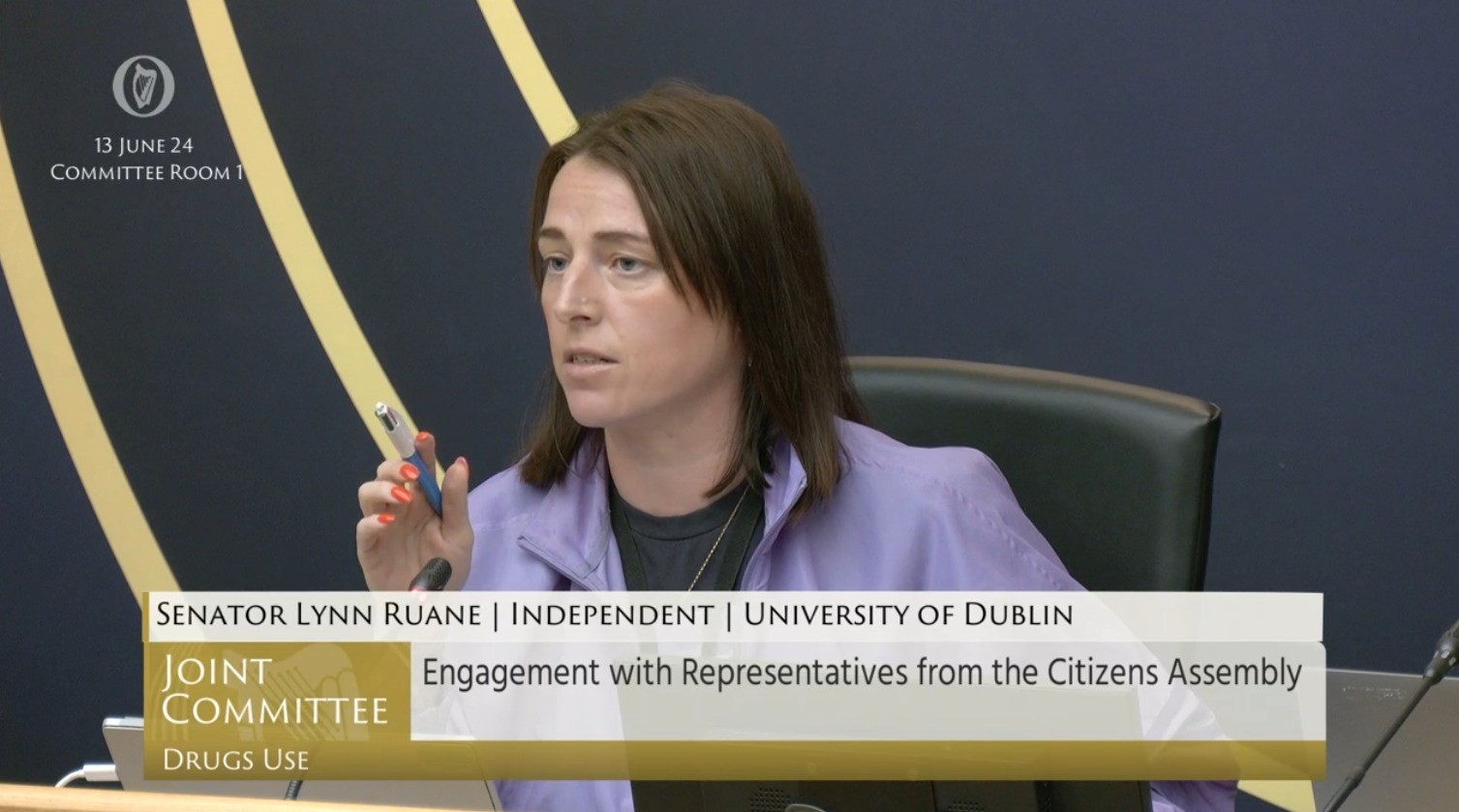 Nov
26
2015
Nov
26
2015
Student Loans: ‘Grant-Aided Students Will Be Forced Into Debt’
As speculation mounts ahead of the publication of the Cassells Report on higher education funding, so does my fear for the future of education.
The wealth and progress of a country relies heavily on the degree of education of the population. So why are we moving toward education being associated with debt rather than with investment?
I believe that the public benefits of education over time outweigh the individual private gain of education – so why does government investment not reflect this?
The problem lies in the inability of this government and the status quo to grasp just how crucial education is for a productive and stable economy and more importantly for a fairer society where education is for all. The economic impact coupled with the broader social and cultural impact should be enough to justify free education – yet it doesn’t, it is completely ignored.
So why are we divided when it comes to free education versus fees and loans? My best guess is that it is the age-old problem of the wealth divide. Many students who are not on state grants quite understandably want to pay their own fees or at least have the option to do so. A loans system gives them that option.
The problem lies in the fact that those on state grants don’t have an option.
They will be forced into debt.
There is also the issue of students who are forced to pay fees that may be estranged from their families but are still being assessed on their parent’s income.
As a working class woman, single parent and access student, had I not received a state grant I would not be in the position I am in today. No matter what my future earnings might be, I have other factors stacked against me that will inhibit me from being able to repay a loan. While many people are of the belief that loans will not replace state grants, we can see from other countries who have taken this route that this is simply not the case.
We need to move away from the debate on ‘what loan system will work best’ and get back to the conversation as to how the state can best fund third level education.
My preferred funding model would be through a progressive tax system, one that goes as far as providing free education for both EU citizens and Non-EU students. The benefits of extending free education beyond our own society is the simple fact the international students contribute to the Irish economy during their time studying in Ireland. We also want to attract a diverse range of students to Ireland and free education is the incentive to do so.
Germany, where there are no undergraduate fees for domestic or international students is an example of this.
I can hear the opposition in my head as I type – where is the money supposed to come from? My reply would be that Ireland has money and we can we see from the recent election budget that Fine Gael chose tax cuts over generating revenue for services. Our government is choosing to invest in the rich and the introduction of a loan system is another clear example of that.
The biggest determinant of educational achievement is socio-economic class.
Children from wealthier backgrounds are given the linguistic, cultural and educational tools to do better in school.
Raising financial barriers makes it even more difficult for children from lower income backgrounds to succeed.
We can see from the recent study by Cardak and Vecci (2015) on loan models that there is a much higher drop-out rate from universities for students from lower income households. The increased fees that are sure to come with a student loan system will inevitably increase the drop-out rate amongst this group. Such students who are forced out of education will have the burden of debt without the benefit. I feel that we have a situation here where those who are better off need to stand with the more vulnerable students and fight back against such loans system and demand free education for all.
Lynn Ruane is President of Trinity College Students’ Union.






